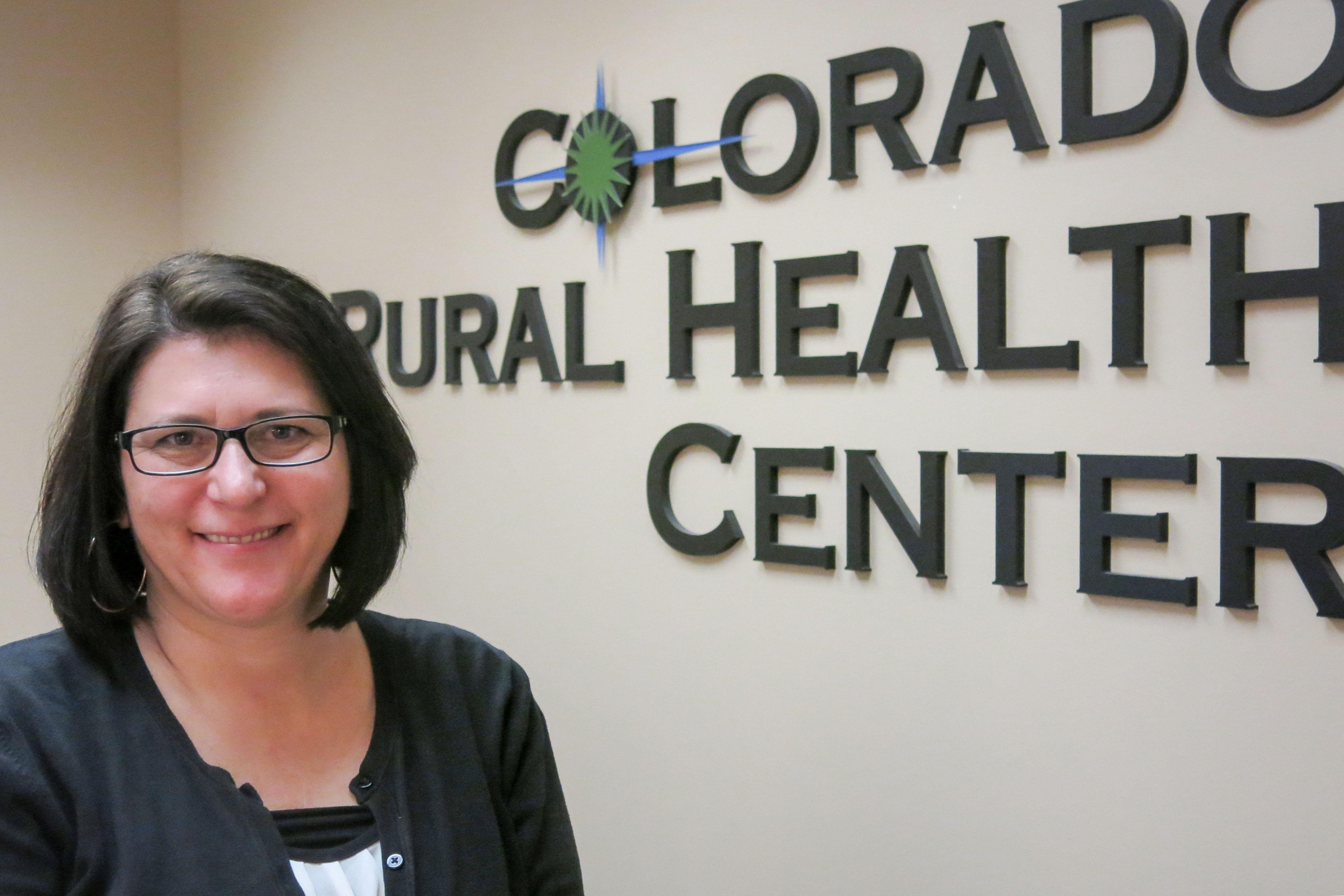

The expansion of Medicaid helped rural hospitals stay afloat in states like Colorado, which added 400,000 people to the program under the Affordable Care Act. The biggest group that got coverage were childless adults.
In fact, researchers at the University of Colorado Anschutz Medical Campus found hospitals in states that expanded Medicaid were about 6 times less likely to close than in non-expansion states. Colorado was one of 32 states to expand Medicaid, which cut the state’s uninsured rate in half.
The study was published Monday in the January edition of the journal Health Affairs.
Richard Lindrooth, lead author and a professor the University of Colorado’s School of Public Health, said once these new patients were covered, hospitals saw fewer uninsured admissions, and increased Medicaid payments — helping their bottom line.
"It's not as though Medicaid is an extremely profitable form of reimbursement, but it is something,” Lindrooth said. “On the margins it certainly helps the hospitals' cash flow."
Lindrooth and his colleagues hypothesized that hospitals in expansion states stood a better chance of remaining financially viable. So they examined national hospital data and local market conditions.
Researchers compared the four years (2008-2012) before the Affordable Care Act, and Medicaid expansion, went into effect with the years right after the law (2015-2016). Lindrooth said the results were noteworthy, especially for rural hospitals, which often struggle the most to stay open.

“Rural hospitals tend to be in more of a financially tenuous position, even prior to the Medicaid expansions,” Lindrooth said. "We found that really about half of the closures that did occur in non-expansion states could have been averted through the expansion.”
Rural health leaders, like Jason Cleckler, CEO of Delta Memorial Hospital in western Colorado, said the study confirmed what they’ve seen on the ground.
Cleckler said the Medicaid expansion helped his hospital’s finances. He compared the numbers in 2011 with 2016, after the Medicaid expansion. The hospital’s Medicaid population grew from 10 percent to 20 percent, and the hospital was left with reduced costs for uncompensated care. It saved Delta Memorial more than $3 million.
“Medicaid doubled, our bad debt decreased significantly, and the uninsured rate decreased significantly,” Cleckler said. “It’s pretty remarkable and I would venture to say that most hospitals, even ones with a lower percentage of Medicaid, have experienced a similar story.”
Delta Memorial Before/After Comparison
| 2011 | 2016 |
|---|---|
| Medicaid Rate: 10 Percent | Medicaid Rate: 20% |
| Self Pay: 6 Percent | Self Pay: 2.2 Percent |
| Bad Debt: $4.8 Million | Bad Debt: $1.5 Million |
The additional funds proved critical to hospitals like Delta Memorial, which in 2017 made a list of eight the Colorado Hospital Association identified as in critical condition, in danger of closing.
Cleckler did describe Medicaid coverage as a “mixed bag” for rural providers. Reimbursement rates can be paltry: A hospital that pays $100 for a lab test may only be reimbursed $20. Another problem he said is many doctors and providers either won’t accept or limit the number of Medicaid patients due the low reimbursement rates.
The Medicaid expansion cost nearly $1.6 billion during its first two years, according to an analysis by the Colorado Health Institute, a nonprofit, independent health group. That sum was more expensive than anticipated, because of higher than anticipated enrollment. Nearly all of Colorado’s expansion costs were paid for by federal funds.
Medicaid is a significant portion of the Colorado state budget, but that budget is constrained by voter-approved tax limits. Colorado ranked 44th in the nation for per capita Medicaid spending, in a report by the Kaiser Family Foundation.
An average of 30 percent to 50 percent of rural patients are covered by Medicaid, noted Michelle Mills, CEO of Colorado Rural Health Center. The population is generally “older, sicker and poorer” than in urban communities.

The expansion, plus a bump in Medicaid reimbursement rates “has helped rural Colorado hospitals from closing,” Mills said. The jobs generated by those hospitals are key to rural economies, with healthcare one of the top three rural employers.
Cara Welch, with the Colorado Hospital Association, said the importance of the Medicaid expansion “cannot be understated,” but other factors — including the state’s strong economy and the hospital provider fee — also provided a boost. The hospital provider fee helps reimburse hospitals, with federal matching money, to pay for uncompensated care from the indigent population, and those paying with Medicaid.
An official with the National Rural Health Association, Senior Vice President Brock Slabach, said the CU study correlated with data the group has reviewed.
“If state legislatures and Congress want to cure the rural hospital closure problem, expanding Medicaid and not block-granting this important program would be the answer,” he said.
The NRHA has identified nearly 700 hospitals nationally that are at risk of going under — that’s a third of the nation’s rural hospitals.
Recent proposals from the Republican majority in Congress have suggested funding Medicaid through a block grant program. Under that concept, the federal government would provide each state a set amount of money, capping total Medicaid spending. It would let states decide how to spend the money, but some healthcare and hospital advocates worry the change would likely lead to cuts over time.









